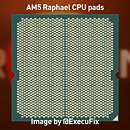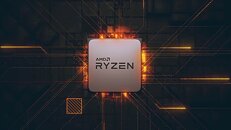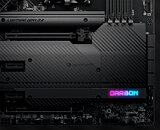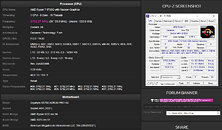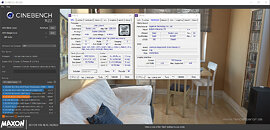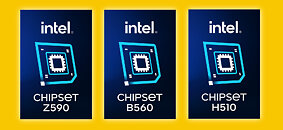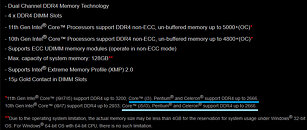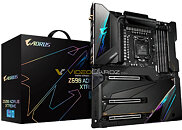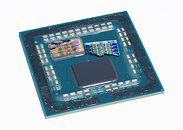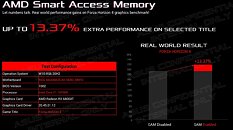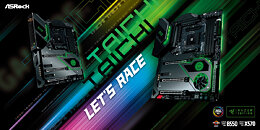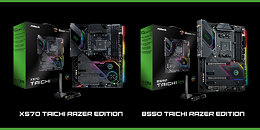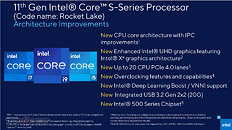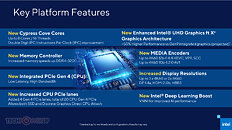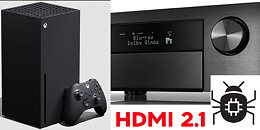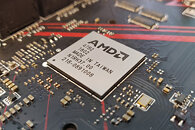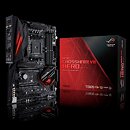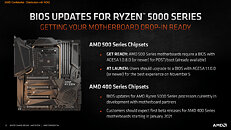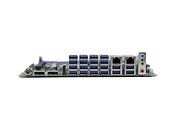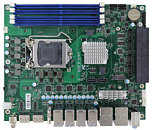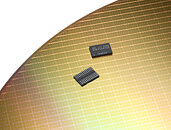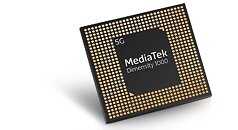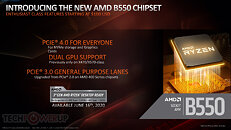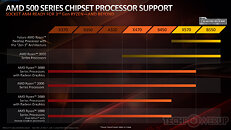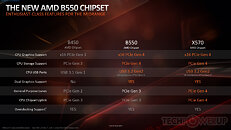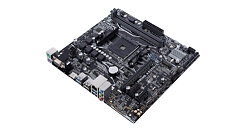MediaTek Announces Dimensity 920 and Dimensity 810 Chips for 5G Smartphones
MediaTek today announced the new Dimensity 920 and Dimensity 810 chipsets, the latest additions to its Dimensity 5G family. This debut gives smartphone makers the ability to provide boosted performance, brilliant imaging and smarter displays to their customers.
Designed for powerful 5G smartphones, the Dimensity 920 balances performance, power and cost to provide an incredible mobile experience. Built using the 6nm high-performance manufacturing node, it supports intelligent displays and hardware-based 4K HDR video capture, while also offering a 9% boost in gaming performance compared to its predecessor, the Dimensity 900.
Designed for powerful 5G smartphones, the Dimensity 920 balances performance, power and cost to provide an incredible mobile experience. Built using the 6nm high-performance manufacturing node, it supports intelligent displays and hardware-based 4K HDR video capture, while also offering a 9% boost in gaming performance compared to its predecessor, the Dimensity 900.


